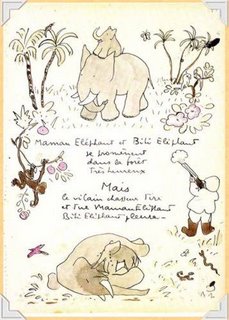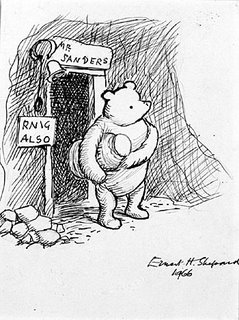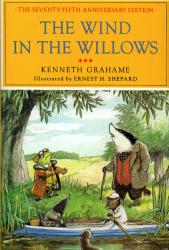 During a phase when creativity plays truant, I decided to shrug off inertia and reorganise my cupboards. Among piles of crumbling letters, lonesome single socks, and absurdly out of style dresses, I found a book. It was H.G.Wells' 'The Time Machine', a gift from a friend with whom I had lost touch long ago.
During a phase when creativity plays truant, I decided to shrug off inertia and reorganise my cupboards. Among piles of crumbling letters, lonesome single socks, and absurdly out of style dresses, I found a book. It was H.G.Wells' 'The Time Machine', a gift from a friend with whom I had lost touch long ago.
 Settling into a gap among heaps of unsorted junk, I met the Time Traveller and followed him into the future.
Settling into a gap among heaps of unsorted junk, I met the Time Traveller and followed him into the future.Written a century ago, this novel is as fresh today as the first time I read it. Wells' view of the distant future is anti-utopian. In a satirical take on the social class divisions of his time, Wells foresaw a world where the human race evolved (degenerated?) into two distinct species. The dainty and effete Eloi are descended from the refined, idle aristocracy. The Morlocks are a sinister race descended from the working class, people who spent most of their lives in dark, airless sweatshops and ultimately became cannibalistic animals in the dark underbelly of the earth.
Embarking from the horriffic world of the Eloi and the Morlocks, the Time Traveller enters an even more terrifying future. In the dull glare of a bloated, dying sun, humanity has vanished without a trace. Giant crablike creatures dumbly await the impending end of the world.
Along with Jules Verne, H.G. Wells established science fiction as a serious literary genre. H.G.Wells' 'The Time Machine', 'The War of the Worlds', 'The Invisible Man', and other works are vivid and exciting even today.



 Exploring my school library led me to more treasures. Call It Courage, books by James Thurber and E.B. White, The Jungle Book, Black Beauty, The wizard of Oz, The Swiss Family Robinson, Tom Sawyer, the memories overwhelm me.
Exploring my school library led me to more treasures. Call It Courage, books by James Thurber and E.B. White, The Jungle Book, Black Beauty, The wizard of Oz, The Swiss Family Robinson, Tom Sawyer, the memories overwhelm me.